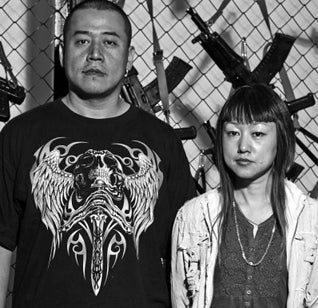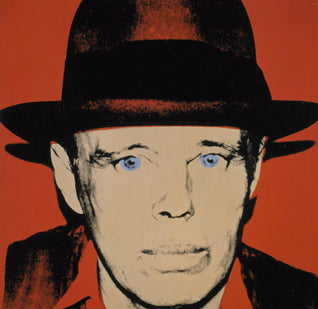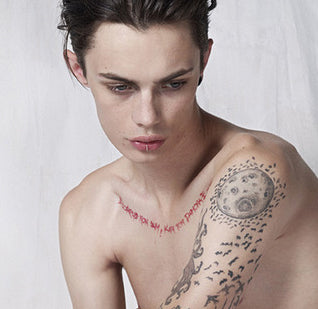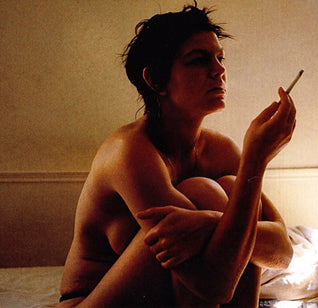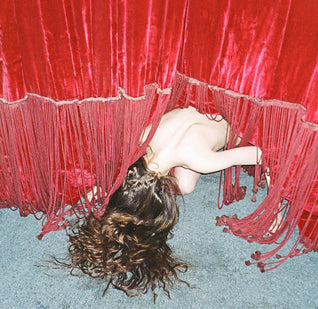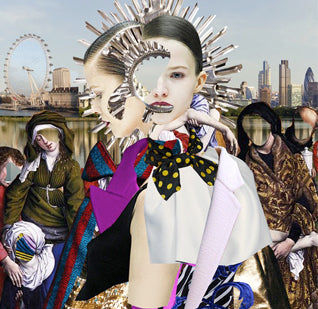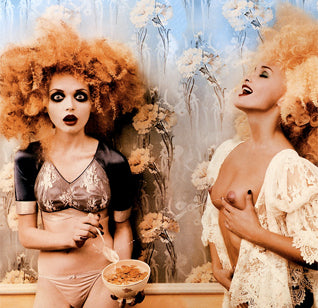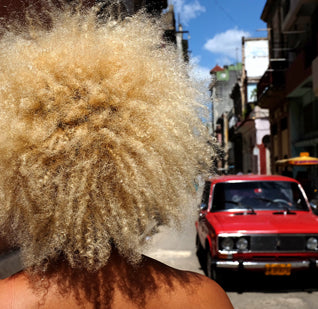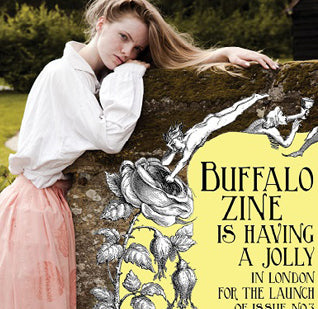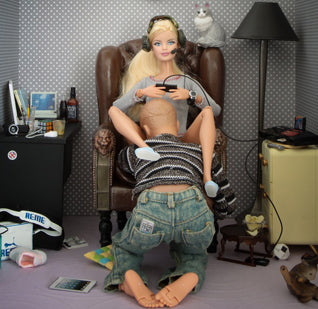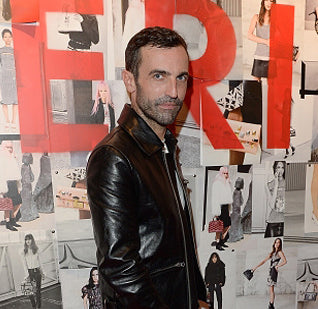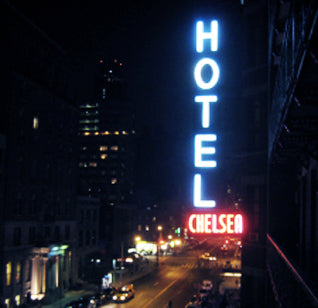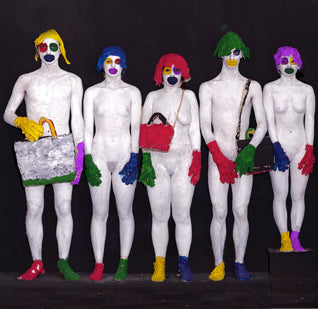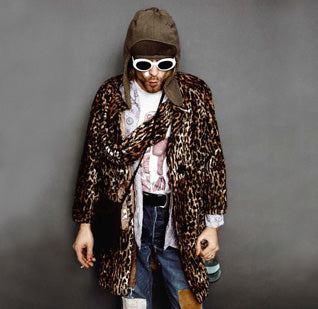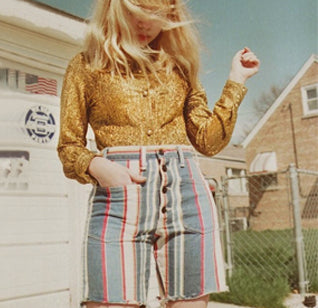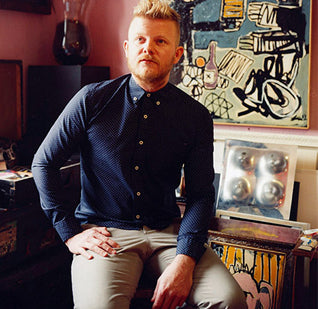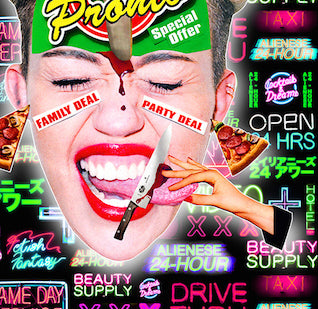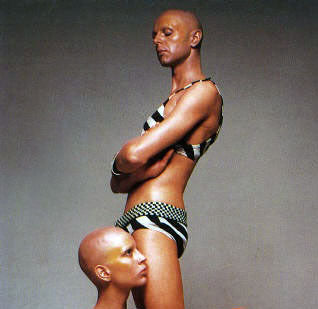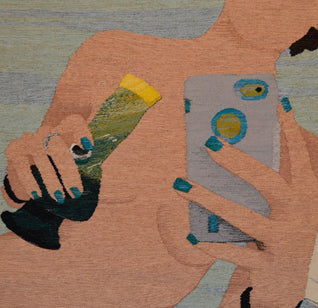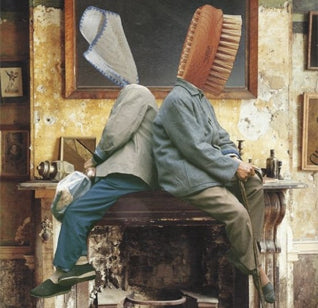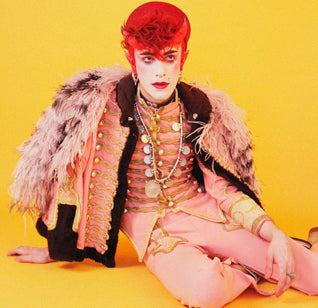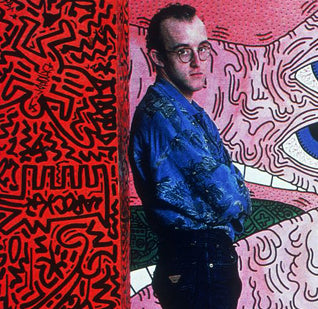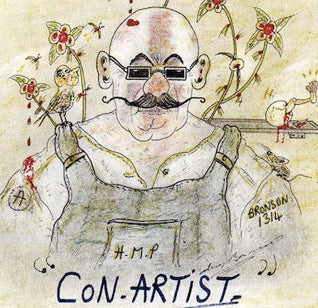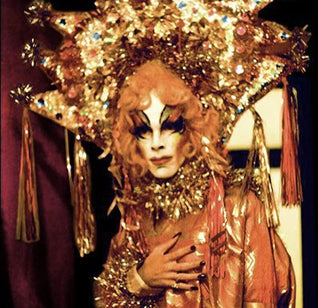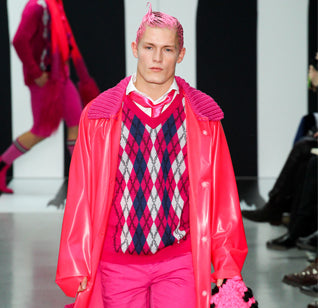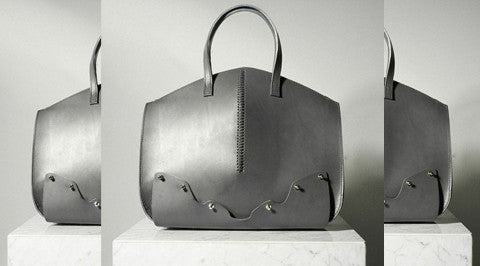REBELLION IN RUSSIA
Branded a criminal for tackling gay issues, artist Slava Mogutin tells his story
by Maria Raposo
Slava Mogutin tackles gay rights head on. Whilst living in Russia, he was repeatedly targeted for his writing and activism. In 1994, he was targeted for attempting to register the first same sex marriage in Moscow. The image of Mogutin and his then-boyfriend, Robert Filippini, kissing on the steps of Wedding Palace No. 4 became an international symbol for the struggle against gay oppression. Thanks to continued persecution by the authorities, he was eventually forced to leave Russia and seek political asylum in the US. Today his work flits between tender and confrontational. Mogutin gives the gay community a voice, expressing his beliefs without shame or hesitation.
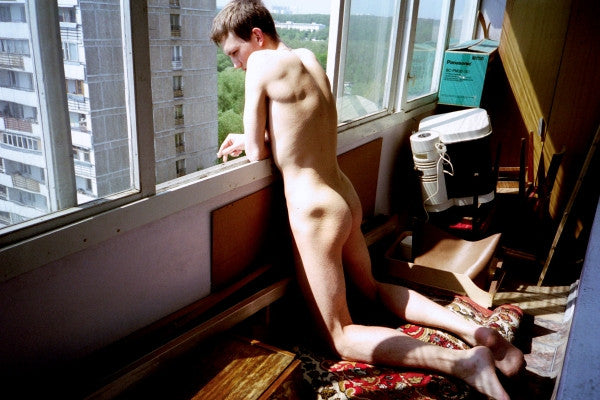
Slava Mogutin, 'Anton Smoking', 2000
KOD: Why were you exiled from Russia?
Slava Mogutin: I was forced out of Russia because of my “inflammatory” writings and activism. I happened to be the first journalist in my country to come out, writing on gay issues and outing prominent personalities and politicians. For 3 years prior to my departure, I was under continuous criminal investigation under various charges ranging from “open and deliberate contempt for generally accepted moral norms” to “malicious hooliganism” and “inflaming social, national and religious division.” Then, after my attempt to register the first same-sex marriage in Russia, the harassment escalated and I was under a threat of a new criminal case, carrying a potential prison sentence of 7 years. Following my lawyer’s advice, I decided to flee and asked for political asylum in the US.
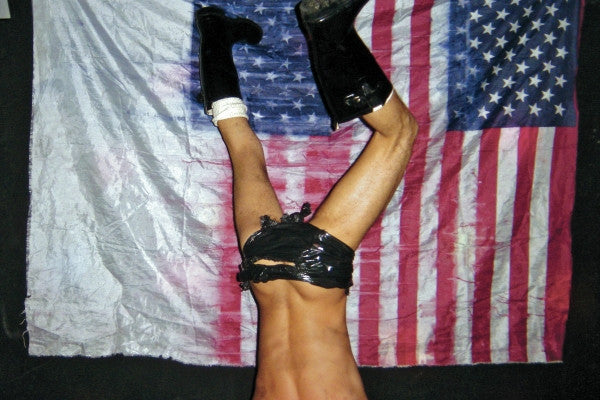
Slava Mogutin, 'Americass (Gio)', 2006
KOD: How do you feel about Russia now that you live in the States?
Slava Mogutin: Lately Russia has been in the news for all the wrong reasons. It’s sad to see such a beautiful and prosperous country being pushed backwards in time and history by its corrupt and oppressive government. I haven’t been back in almost a decade and I have no desire of showing my work in Russia in the light of the recent homophobic legislations, although I do remain my presence there through my books and interviews. I think it’s important for all of us to voice our protest against the hatred and bigotry promoted by Putin’s regime.

Slava Mogutin, 'Blind Faith', 1999
KOD: Does art count as activism?
Slava Mogutin: I never chose to be an activist, just like I never chose to be an artist. I could never separate one from the other. I guess it’s the choice you make when you witness injustice happening in front of your eyes—do you close your eyes and proceed with the business as usual or do something about it?

Slava Mogutin, 'Marko Triptych (Sling)', 2007
KOD: Do you believe art has the power to change politics?
Slava Mogutin: I’m an anarchist, I don’t believe in governments, politics and politicians. I don’t believe in propaganda, ideology or religion of any kind. However, I do believe that art has the power to open people’s minds, transform their lives and change their perception of the world. As Oscar Wilde put it, “we are all in the gutter, but some of us are looking at the stars.” He also said this: “The form of government that is most suitable to the artist is no government at all.”

Slava Mogutin, 'Andre Wet Spot', 2000
KOD: Shock value seems to be a big part of your work, especially in some of your performance pieces. Why is shock important?
Slava Mogutin: My work is a celebration of life, love and beauty in different shapes and forms. If some people find this shocking or offensive, it has to do with their own phobias and insecurities. That said, I do think shock is a valid strategy for transgressive artists who want to get their message across in a radical and effective way. If you look at art history, what was considered shocking a century ago has become the gold standard for generations of artists to come, while most of the artists who made safe, decorative works have been forgotten.

Slava Mogutin, 'Xevi Muntané & Carlos Sáez', 2013
KOD: Do you hope one day homoerotic imagery will no longer be shocking?
Slava Mogutin: Consider the fact that homoerotic imagery and homosexuality are still banned in 2/3 of the world, from the entire Muslim world to most of Africa, China, Singapore—the list goes on and on. And now India joined this shameful list, encouraged by Russia’s example. We have a long way to go in terms of acceptance, so the fight must go on!
See more of Slava's work on his website.

